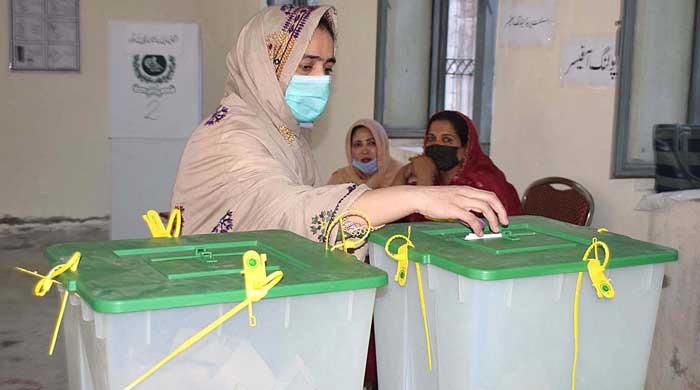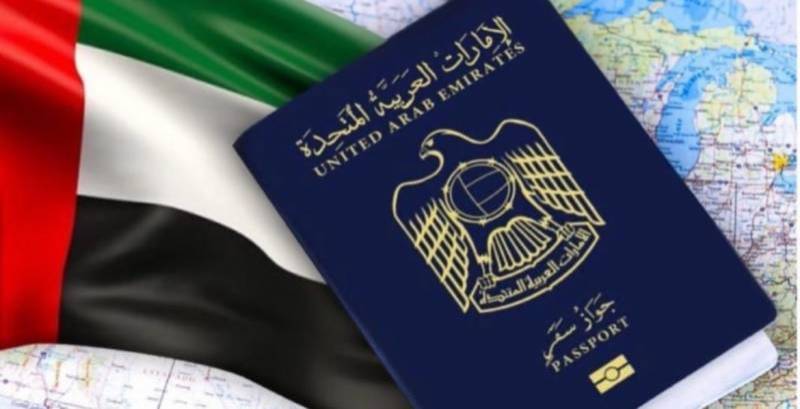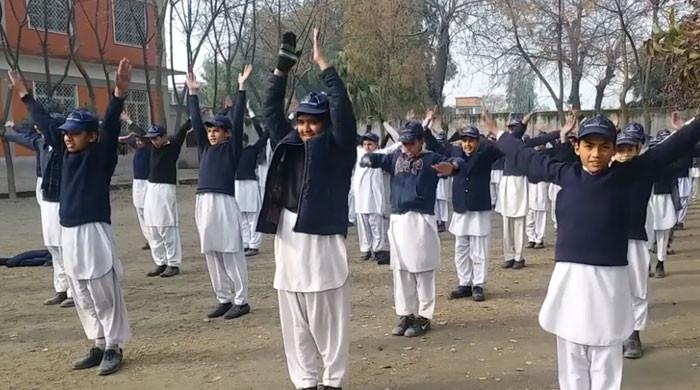THE announcement of the date for holding general elections has ended uncertainty, confusion and conjectures about timing of the exercise, which augurs well for the political and democratic process in the country. On Thursday, the Election Commission of Pakistan (ECP) told the Supreme Court it will conduct elections on February 11 but the court directed the Commission to take the President on board. Consequently, in a meeting of the Chief Election Commissioner Sikandar Sultan Raja and other members of the ECP with President Dr. Arif Alvi unanimously agreed to hold elections on Thursday, February 08.
The announcement has widely been welcomed by political parties, their leaders and public opinion makers as the date has the backing of the apex court, which declared it would not allow any deviation once a date is fixed. However, the original date proposed by the Election Commission i.e. 11 February, being Sunday, was more practicable as it would have facilitated people to exercise their right of vote with complete peace of mind on a holiday, also obviating the need to declare a public holiday on the day of polling, as is the likelihood now. A delay of two/three days would not have made much difference but it seems the issue has been sorted out on the basis of egoism and not practicality in a country which is known for observing unnecessary holidays every now and then. Anyhow, consensus is more important than anything else in a highly polarized environment and one hopes now all attention and energy would be focused on making the electoral exercise truly fair and transparent. Both PTI and PPP, which have consistently been demanding of the ECP to announce a firm date for elections, have greeted the move saying that was what the political parties wanted — an election date. The directions given by the top court to the Election Commission to consult the President also resolved another controversy as the ECP believed announcement of a date was its sole prerogative after amendments in the relevant law. The Supreme Court might explain the issue in detail in its final verdict on the case but its intervention has created an environment for consensus in the country as both the President and the ECP feel comfortable in sharing a responsibility. It would also be for Parliament to clear the ambiguity, if any, in this regard to avoid future controversies. Here it is also important to listen carefully to the CEC, who complained that everyone talks about transparency in elections but there is no end to interference with the working of the Commission. In fact, the ECP enjoys necessary powers to make the entire election process fair and transparent but it needs full backing of all stakeholders to accomplish the task in the desired manner. There is no time to lose and therefore it is the responsibility of all institutions, political parties and different segments of the civil society to extend their sincere cooperation to the Commission for this purpose. Previously, there were speculations and rumours about a possible delay in the conduct of general elections citing different reasons and scenarios including harsh weather in winter season (impacting upon the voters’ turn out), the process of economic reforms being undertaken by the caretaker set-up and the ongoing operations against smuggling, hoarding and illegal immigrants. Some forces were also spreading disinformation about the possibility of prolonging the interim set-up for one or two years to take the new policy initiatives to their logical conclusion. The Supreme Court, especially Chief Justice Qazi Faez Isa, deserves appreciation of the entire nation for playing a crucial role in sorting out the issue amicably. Instead of harping on the same old string of 90 days (as was done by the previous CJP), the incumbent Chief Justice and other members of the bench adopted a realistic approach to resolve the issue without an impression of fear or favour. It may, however, be pointed out that the election itself will not resolve the problems and challenges confronting the nation if the political parties fail to present their roadmaps to economic recovery and resolution of other chronic issues before the masses so that they could make an informed choice. Instead of relying merely on levelling allegations against political opponents, they should come out with concrete plans of action to provide relief to the people and put the country on the path of progress and prosperity.






